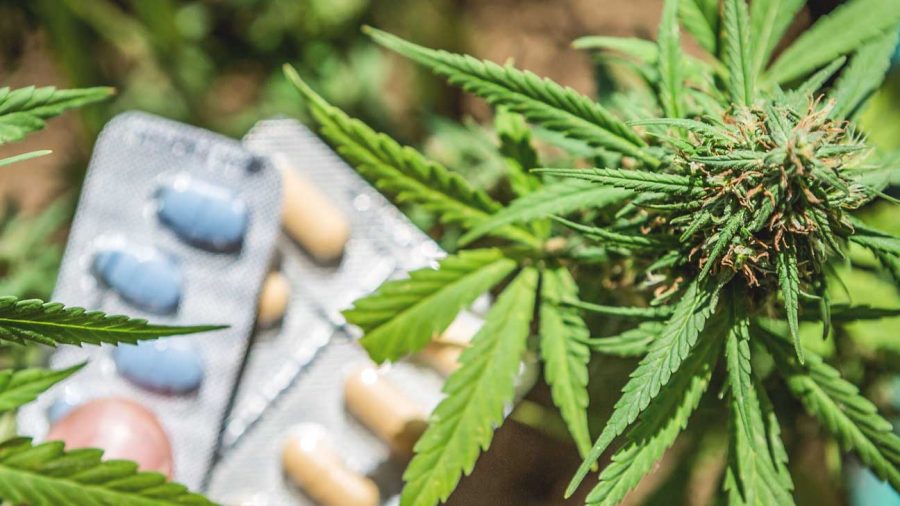Federal funding for addiction treatment cannot be spent on medical cannabis
Federal dollars designated for opioid addiction treatments cannot be used on medical cannabis; as per orders from the U.S. government. The government’s motive for this is to shield patients from the potential risks of quitting their prescribed opioid medication for medical cannabis.
State officials are concerned that patients may mistake cannabis – which remains an illegal substance in the United States at the federal level – for a “cure.” Even doctors are concerned about federal agencies handing out funds to states for their treatment programs. Dr. Elinore McCance-Katz is one of them.
“There’s zero evidence for that,” McCance-Katz said. “We felt that it was time to make it clear that we did not want individuals receiving funds for treatment services to be exposed to [cannabis] and somehow given the impression that it’s a treatment.”
Federal and state governments have long been getting into disputes over cannabis laws. As of December 2019, 33 U.S. states have legalized the plant for medical purposes with a doctor’s recommendation.
Federal opioid funding restrictions apply to two of the government’s primary grant programs
At the beginning of November, federal officials contacted state officials via phone call to discuss the opioid funding restrictions. A summary of their phone call went something like this: Grant money cannot be used – directly or indirectly – to purchase cannabis or allow cannabis-based treatments. Patients will also be restricted from using cannabis-based medicines as a treatment for mental health disorders, such as depression, anxiety and bipolar disorder.
Two main grant programs provide opioid treatments and assistance to patients in the U.S. who suffer from alcoholism and/or drug addiction; the Federal Substance Abuse and Mental Health Services Administration. Both programs will need to abide by the new restrictions. Grants provided by other federal agencies that research medical cannabis need not abide by the new federal opioid funding restrictions.
The federal government has ordered addiction treatment programs to encourage patients who are already using medical cannabis to stop. Failure to document these practices will result in federal money being revoked, says McCance-Katz.
Existing evidence on cannabis for opioid addiction is not sufficient
Harvard Medical School researchers recently published the results of two studies suggesting that medical cannabis reduces opioid prescriptions. The studies were both published in JAMA Internal Medicine.
However, there is a clear lack of evidence to prove that cannabis can reduce opioid use. What does exist is anecdotal information and the self-reported answers of surveys carried out on drug users; not exactly the most accurate evidence.
Nonetheless, various legal states have adopted laws to permit medical cannabis in an attempt to reverse the opioid epidemic. Opioid use disorder was added to New Mexico’s list of qualifying conditions back in June; Pennsylvania became the first state to add it to the list in 2018.








